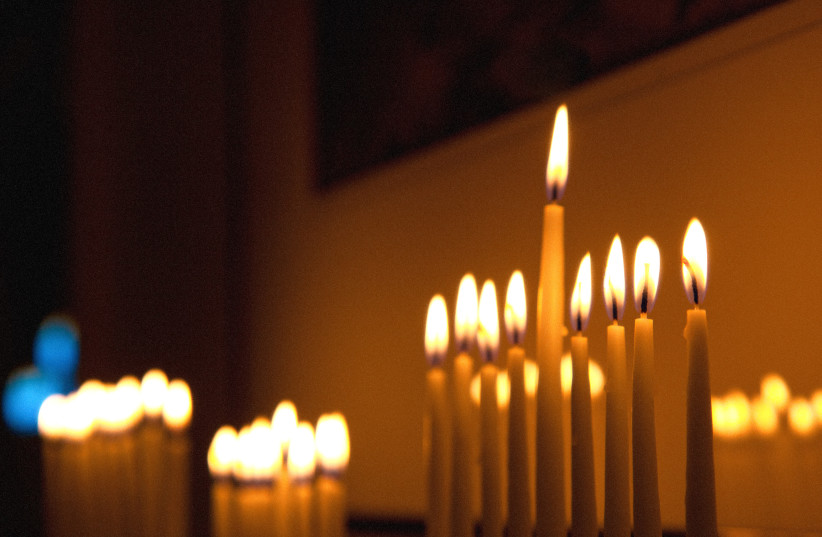Since October 7, nothing has been simple for anyone. We have all lost more than anyone should have to lose, both as individuals and as a society. In many ways, a part of us will always be stuck there.
I had just finished my regular army service less than two months before. Then suddenly, I found myself right back in.
During the first few weeks with the girls from my old tzevet (unit), we were so focused on our mission that we missed the day marking three, then four months from our release.
The majority of our days off were scheduled around who had to go to a funeral or visit another friend in the hospital, and yet paradoxically, we felt privileged to have any time off at all.
We struggled with the feeling of being back in uniform before any of us really had the chance to experience civilian life. However, none of us could see ourselves anywhere else; protecting our friends and families is what we had trained for.
Then I got a message from a close family friend, Shalva Weil, inviting me to her house for candle lighting on the third night of Hanukkah. Almost miraculously, I ended up being offered that Shabbat off and found myself on my way to Jerusalem.
Despite having been to Shalva’s place countless times and knowing that her home is almost always filled with interesting people and amazing food, this time I wasn’t sure what to expect. I certainly wasn’t in the mood to celebrate Hanukkah and wondered if there was anyone in the country who felt differently.

In addition to lighting candles, eating latkes, and all other traditional aspects of Hanukkah, we were joined by an eccentric and extremely talented group of Israeli poets, authors, and intellectuals, all of whom had roots in the East.
Sharing stories in unity
Jewish poets from India, Iran, Yemen, Baghdad, and more told their stories and read out their poems. Some read poems influenced by war or past wars, while others were about family roots and their home countries. Each poet’s unique background and culture reminded me more and more of the beauty of our diversity.
We were Jews from every corner of the world. After each story of exile, antisemitism, and persecution came a poem. Despite the hard topics and often dark tones of the poems, I also truly felt a little glimmer of hope.
We were not just a people in mourning; we were creators, artists, and poets. As I sat there, next to the menorah, and listened to the ways our people had turned their personal tragedies and hardships into beauty, I felt some of the light of Hanukkah.
Shalva opened the poetry reading with a poem by the late Uzi Shavit about this week’s Torah portion. In it, Shavit highlights that Joseph, after being thrown in the pit, had 11 brothers but could not feel more alone.
In this poem and today, we, the Jewish people, are Joseph, alone in our hole, with seemingly no way out.
Although I did not say it at the time, sitting there with such a diverse group of wonderful people, I did not feel all that alone, and I could see that, together, we will find our way out.
The writer is a 21-year-old from Hong Kong. She made aliyah in July 2020 and served as a combat soldier in Isuf Kravi.
